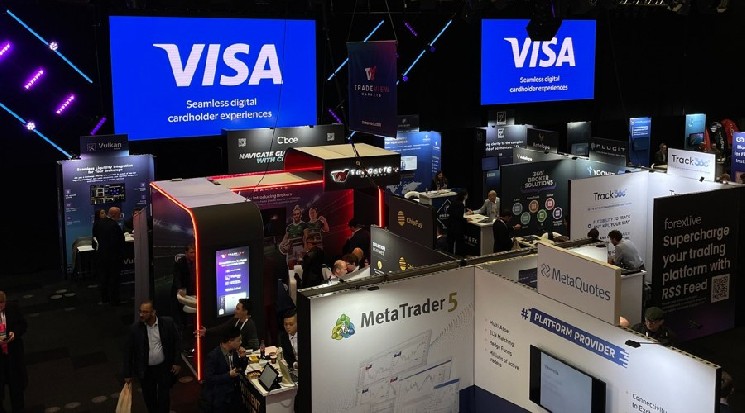After two decades of legal battles, Visa and Mastercard are offering a $38 billion settlement to resolve allegations that they conspired to overcharge merchants through credit card “swipe fees.”
But despite the headline numbers, many business groups argue that the proposal does not address the issue at the heart of the dispute: how much it costs to accept card payments in the United States, Reuters reported.
A new attempt to satisfy the court
The new settlement comes months after U.S. District Judge Margo Brody rejected an earlier $30 billion agreement as inadequate. He said the proposed relief amount is “minor” compared to what Visa and Mastercard could continue to collect.
The card network is now back with a revised proposal, hoping to win approval and end one of the longest-running antitrust lawsuits in U.S. payments history.
(#Highlighted link#)
Under the latest proposal, Visa and Mastercard would reduce swipe fees, currently around 2% to 2.5%, by 0.1 percentage points over five years. Merchants will also be able to opt out of accepting certain categories of cards, such as premium points cards and commercial cards, while the standard consumer interest rate will be capped at 1.25% for eight years.
The companies say the partnership will provide “meaningful relief” and greater flexibility for merchants. Neither Visa nor MasterCard have admitted any wrongdoing. In the afternoon trading following the announcement, the stock prices of both companies remained steady.
Commercial groups quickly rejected the new agreement. The National Retail Federation and Merchants Payments Coalition said businesses still pay significant fees to process card payments.
Swipe fees, also known as interchange fees, will total $111.2 billion in 2024, up from $100.8 billion the year before, according to the NRF. This is four times more than in 2009.
Promised savings and reality
Lawyers representing the retailers said the $38 billion figure represents projected savings through 2031 calculated by Nobel Prize winner Joseph Stiglitz and another economist. They estimate that the deal will save merchants more than $200 billion over its lifetime.
By contrast, the Electronic Payments Coalition, whose members include major banks such as JPMorgan Chase, Citibank and Bank of America, supports the deal. Richard Hunt, the company’s executive chairman, said the settlement would lower fees beyond what was proposed in a bipartisan Senate bill to regulate card costs.
The court still needs to approve the new deal. If accepted, it would end a two-decade dispute that has reshaped the debate over how much merchants pay to accept card payments.










